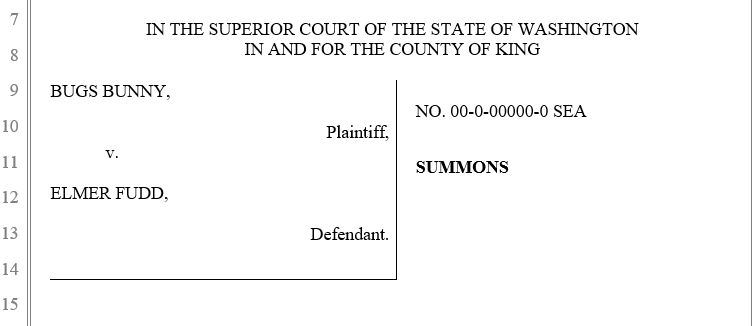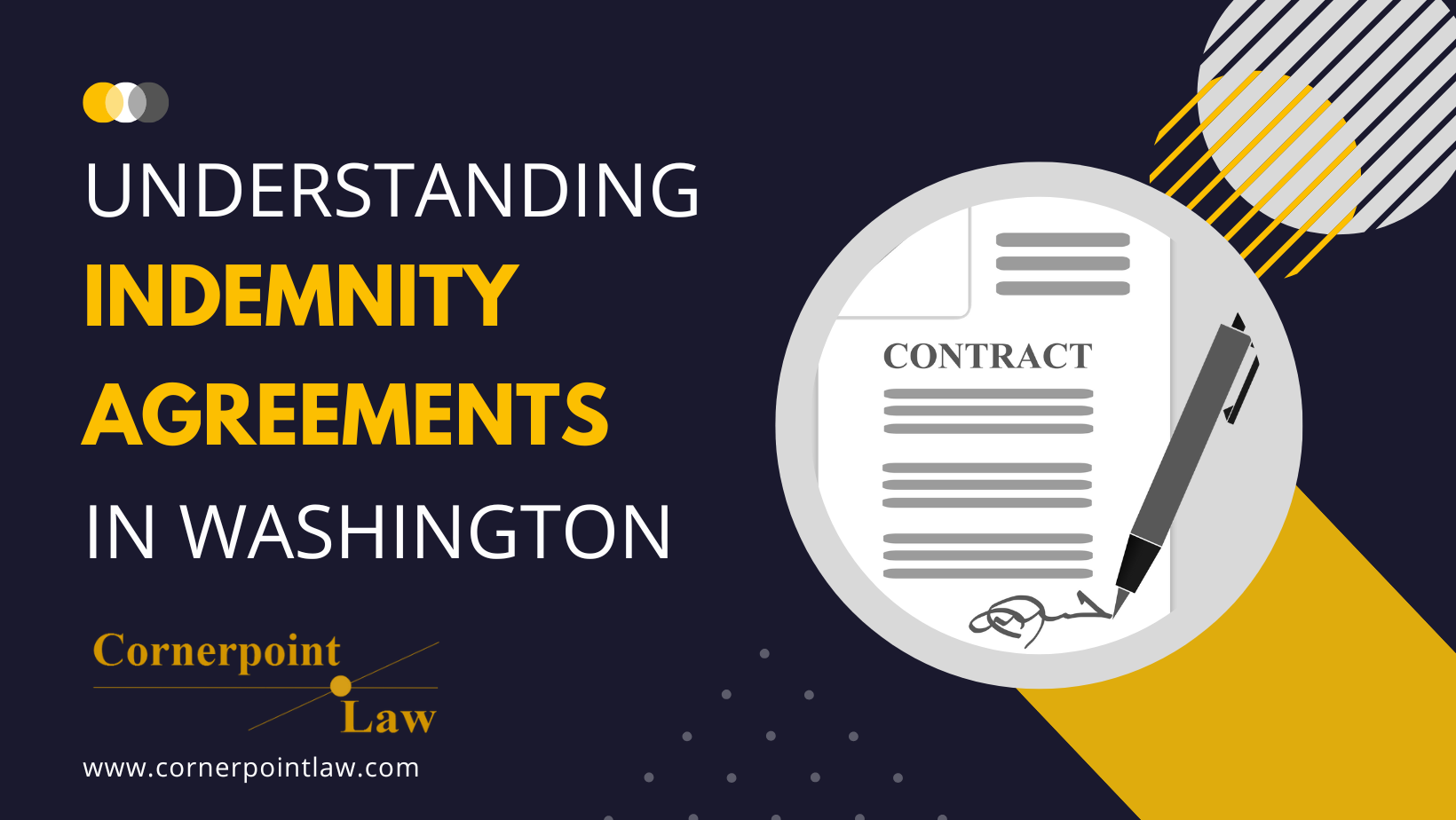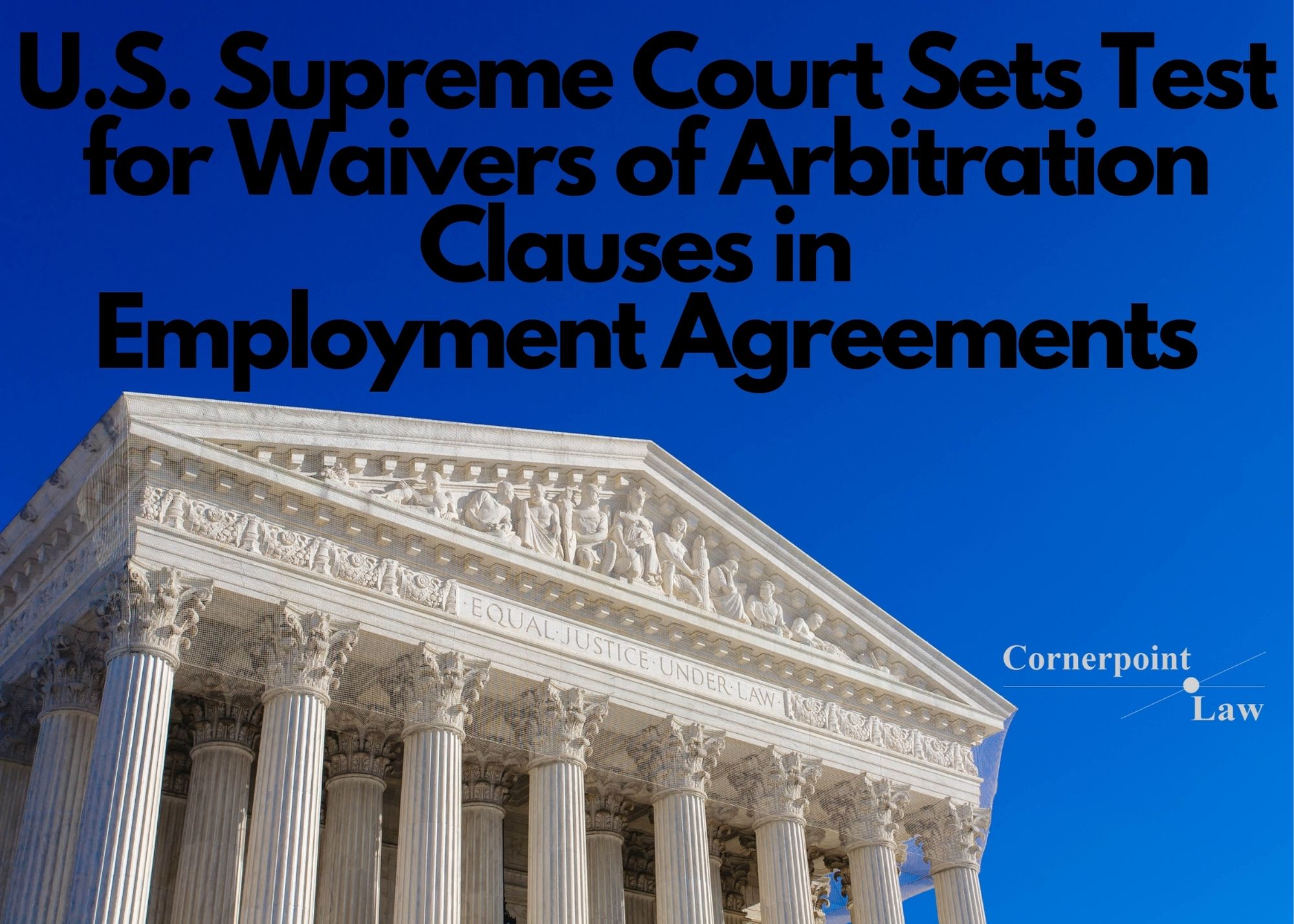Charting Washington Courts: Options for Civil Disputes
October 30, 2017
Unauthorized use and/or duplication of blogposts without express and written permission is strictly prohibited. Excerpts and links may be used, provided that full and clear credit is given, and with appropriate and specific direction to the original content.
The author of this post can be reached by phone at 206-693-2718 or by email.
Charting Washington Courts: Options for Civil Disputes
By Stacia Hofmann
Litigation is everywhere! Roughly 105,000 civil lawsuits were filed in Washington in 2016!1 Understanding the types, characteristics, and locations of courts helps Washington businesses manage risk, as the more they know about the courts, the better they can use contract, tort, employment, and insurance law to prepare for potential disputes.2
Similarly, parties who are on the precipice of litigation, and certainly those who are already there, should also comprehend their venue options so that they can make intelligent and informed decisions about settlement, risks, and costs.
However, understanding the differences between the various courts is easier said than done, so I’ve put together the following chart for civil (non-criminal) court venues in Washington.3 The chart can be downloaded here.
| State Superior Court* | State District Court | State Small Claims Court (a division of State District Court) | Federal District Court | |
|---|---|---|---|---|
| Jurisdiction (Types of Civil Cases) | General: any type of civil case governed by Washington law, and some civil cases governed by federal law | Limited: only certain types of civil cases are allowed | Limited: only certain types of civil cases are allowed | Limited: civil cases involving a federal law, or where the parties are located in different states and the amount in dispute is at least $75,000, or where the U.S. is a party |
| Number of Courts** | 39: one for each Washington county (King County has two locations) | 39: one for each Washington county (but many counties have multiple divisions) | 39: one for each Washington county (but some counties have multiple divisions) | 2: Western Washington and Eastern Washington (each district has a couple of locations) |
| Maximum Amount That Can Be Awarded | N/A | $100,000 | $5,000 | N/A |
| Discovery of Opponent’s Witnesses & Documents |
Broad, but the scope and timing is decided by each county | Limited scope and timing | None, and no attorneys are allowed | Broad, but stringent rules regarding the scope and timing |
| Jury Available | Yes: 6 person or 12 person | Yes: 6 person | No: judge only | Yes: 6 person or 12 person |
| Appeal | To the Washington State Court of Appeals | To state superior court | To state superior court, but the dispute must involve a minimum dollar amount | To the U.S. Courts of Appeals (Ninth Circuit) |
*Currently, cases worth less than $50,000 and filed in state superior court are subject to a process called mandatory arbitration (not to be confused with private arbitration), which has its own set of specific rules that must be followed.
**Some smaller counties share judges, administration, and rules.
This blog is for informational purposes only and is not guaranteed to be correct, complete, or current. The statements on this blog are not intended to be legal advice, should not be relied upon as legal advice, and do not create an attorney-client relationship. If you have a legal question, have filed or are considering filing a lawsuit, have been sued, or have been charged with a crime, you should consult an attorney. Furthermore, statements within original blogpost articles constitute Stacia Hofmann’s opinion, and should not be construed as the opinion of any other person. Judges and other attorneys may disagree with her opinion, and laws change frequently. Neither Stacia Hofmann nor Cornerpoint Law is responsible for the content of any comments posted by visitors. Responsibility for the content of comments belongs to the commenter alone.
- 102,127 cases were filed in Washington state courts in 2016, and 4,186 were filed in Washington federal courts in 2016-2017. ↩
- For example, as I discussed here and here, arbitration clauses in contracts can move disputes from a default court setting to a private arbitration venue. ↩
- The many tribal courts in Washington have jurisdiction over matters involving tribal law, but each tribe has its own independent court and rules. ↩




